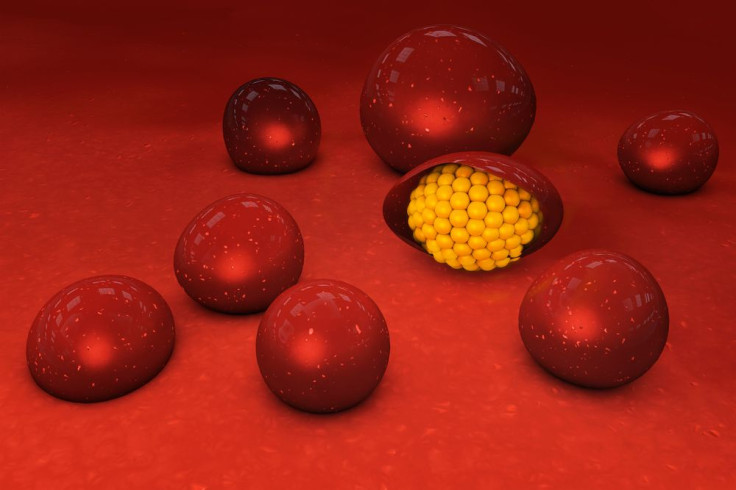New Malaria Drug Blocks Parasite's Ability To Spread To Bloodstream; May One Day Cure The Deadly Disease

Despite affecting populations for as many as 4,000 years, the malaria parasite, Plasmodium, has continued to elude scientists searching for a cure. Now, new research from Australian researchers in Melbourne tells of a newly developed compound, which may help in preventing the spread of the disease from the liver, where it multiplies, to the blood.
The researchers’ new findings build on previous studies, which determined that the malaria enzyme plasmepsin V is responsible for releasing as many as 300 dangerous proteins in the host. To put it simply, these proteins are the single-celled malaria parasite’s army. They invade the host cells and change their chemical makeup, enabling the parasite to “acquire nutrients, sequester in the circulation, and evade immune responses,” according to a 2013 study. Because of how important plasmepsin V is, the Melbourne researchers from the Walter and Eliza Hall Institute believed it would be a good target for developing potential treatments.
So, they developed a compound called WEHI-916, and through experiments, “showed for the first time that the enzyme (plasmepsin V) is essential for survival of the malaria parasite,” said Dr. Justin Boddey, an author of the study, in a press release. “WEHI-916 is really exciting because if you block plasmepsin V, the malaria parasite dies.”
There are actually five different kinds of Plasmodium malaria parasites: P. falciparum, P. vivax, P. knowlesi, P. ovale, and P. malariae. The parasite has to spread from the liver to the bloodstream in order to live. Once in the bloodstream, the parasite can enhance the smells that commonly attract mosquitoes, allowing them to find the host and feed on the malaria-laced blood. The parasite then undergoes another reproductive process inside the mosquitoes, and it becomes a cycle from human to mosquito, and vice-versa.
“Of the five malaria species, Plasmodium falciparum is responsible for the most deaths and is highly prevalent in Africa, while Plasmodium vivax presents major health issues for the Asia-Pacific region,” said Dr. Brad Sleebs, another author of the study, in the release. “Our study has shown that plasmepsin V is a key enzyme in these two important species of the parasite and WEHI-916 can inhibit plasmepsin V isolated from both of them. Not only does this compound enable us to prove plasmepsin V is an excellent drug target, it is a starting point for a research program that could lead to a new class of antimalarial drugs.”
According to the World Health Organization (WHO), there was an estimated 207 million cases of malaria, and 627,000 deaths in 2012. Over 90 percent of all deaths occur in sub-Saharan Africa. However, 97 countries around the world have ongoing malarial transmission, putting almost 3.4 billion people at risk of the feverish, potentially fatal disease. Although 52 countries are on track to reduce malaria cases by 75 percent by 2015, a treatment that eliminates malaria before it reaches the bloodstream would be extremely beneficial.
“We are now examining in our insectary whether plasmepsin V could be a target during other stages of the malaria lifecycle,” Boddey said in the release. “The enzyme is present in the parasites that first infect humans in the liver, as well as in parasite forms that exit humans and infect mosquitos. If WEHI-916 kills the parasite during these stages as well, it will mean any drugs that target plasmepsin V can be used as a preventative as well as a cure.”
Source: Sleebs B, Lopaticki S, Marapana D, et al. Inhibition of Plasmepsin V Activity Demonstrates Its Essential Role in Protein Export, PfEMP1 Display, and Survival of Malaria Parasites. PLOS Biology. 2014.



























